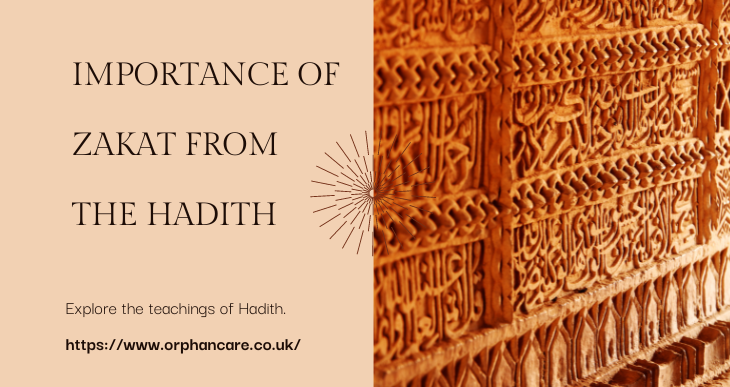Zakat is one of the Five Pillars of Islam, representing a mandatory form of charity designed to redistribute wealth within the Muslim community, ensuring that those in need are supported. The term “Zakat” derives from the Arabic word “zakāh,” which means purification, growth, and blessing. This concept reflects the belief that by giving a portion of one’s wealth to those less fortunate, a Muslim purifies their wealth and soul.
Understanding Zakat:
Zakat is an obligatory act for Muslims who meet certain criteria. It is calculated as a fixed percentage of a Muslim’s savings and wealth that has remained in their possession for one lunar year. The general rate for Zakat is 2.5% of the total accumulated wealth. This includes cash, savings, investments, gold, silver, and other forms of wealth beyond personal and essential needs.
Eligibility for Paying Zakat:
-
Nisab Threshold: A Muslim must possess wealth above a certain minimum amount known as Nisab. The Nisab is equivalent to the value of 3 ounces of gold (approximately 85 grams) or its equivalent in cash or other assets. If a person’s total cumulative wealth over a lunar year exceeds this threshold, they are obliged to pay Zakat.
-
Full Ownership: The wealth on which Zakat is calculated must be fully owned by the individual. It should not be in the form of debts owed to others.
-
One Lunar Year: The wealth must have been in the person’s possession for at least one full lunar year (Hawl).
Calculation of Zakat:
To calculate Zakat, one should:
-
Assess Total Wealth: Calculate all assets including cash, savings, gold, silver, investments, business goods, and income-generating properties.
-
Deduct Liabilities: Subtract any immediate liabilities such as debts and expenses.
-
Calculate 2.5%: Once the net amount is determined, 2.5% of this amount is what one needs to pay as Zakat.
Distribution of Zakat:
Zakat must be distributed to specific categories of beneficiaries as outlined in the Quran (Surah At-Tawbah 9:60). These categories include:
- The Poor (Al-Fuqara): Those who have insufficient means to meet their basic needs.
- The Needy (Al-Masakin): Those who are in a difficult situation but may not necessarily ask for help.
- Zakat Collectors: Individuals who are appointed to collect and distribute Zakat.
- New Converts to Islam: Those who have recently embraced Islam and may be in financial need.
- Slaves: To free those in bondage or debt.
- Debtors: Those who are overwhelmed by debt, provided it was not incurred for sinful purposes.
- In the Path of Allah (Fisabilillah): For the sake of Allah, which includes activities like spreading Islam and education.
- Travelers: Stranded travelers who lack the means to return home.
Significance of Zakat:
Zakat plays a crucial role in promoting social justice and economic balance within the Muslim community. It aims to alleviate poverty and reduce economic disparity by redistributing wealth. By fulfilling this obligation, Muslims demonstrate compassion and empathy towards their less fortunate brothers and sisters, fostering a sense of community and mutual support.
In addition to its social benefits, Zakat also has spiritual significance. It purifies the giver’s wealth, promotes self-discipline, and helps in controlling greed and materialism. The act of giving Zakat serves as a reminder that all wealth ultimately belongs to Allah, and humans are merely its trustees.
If you want to help the needy and orphan children, families then donate zakat and save his life.
In conclusion, Zakat is a fundamental aspect of Islamic practice that embodies both social and spiritual dimensions. By adhering to the principles of Zakat, Muslims contribute to the well-being of society and fulfill their religious duty, ensuring that wealth circulates fairly and benefits those in need.

